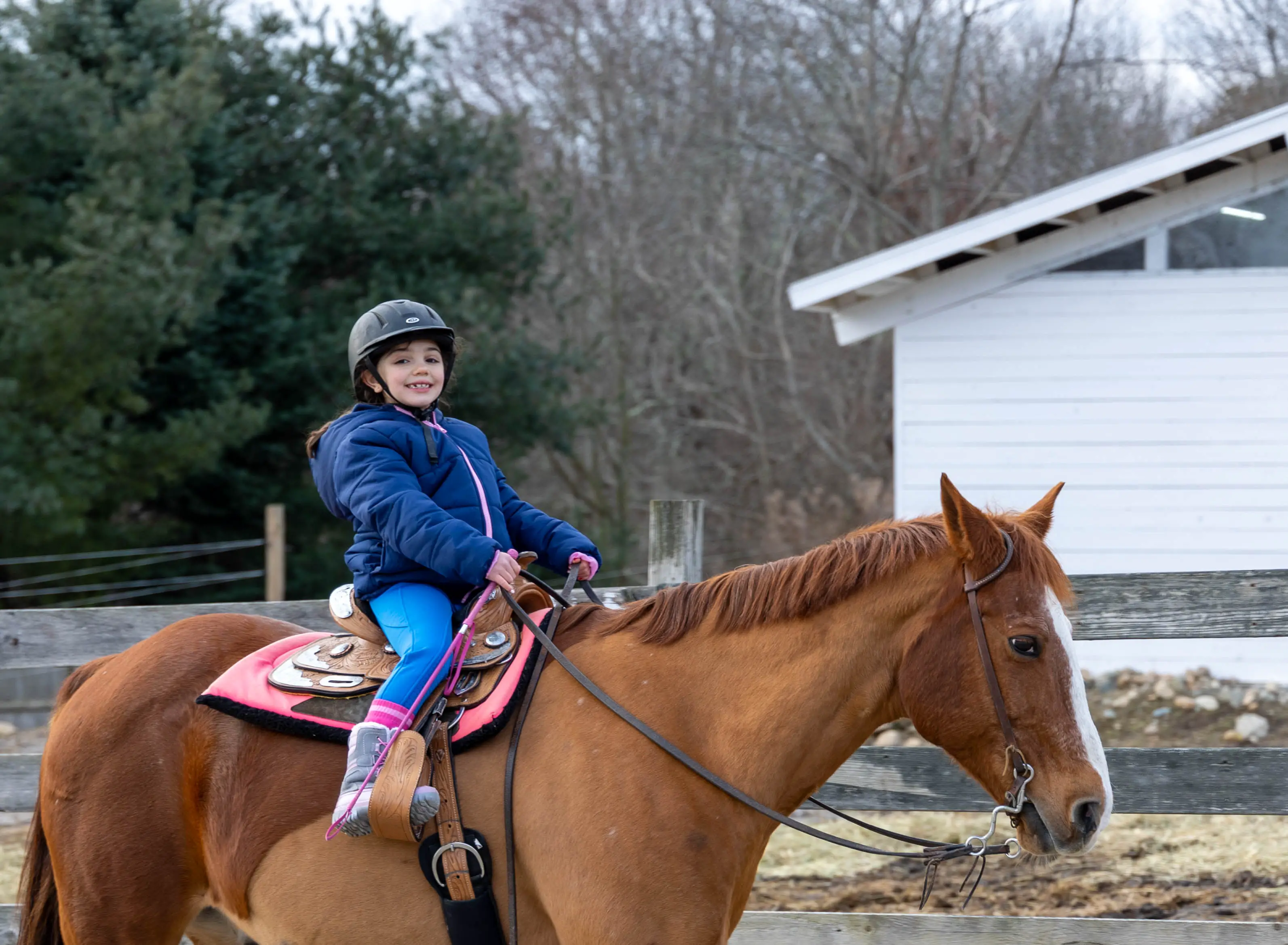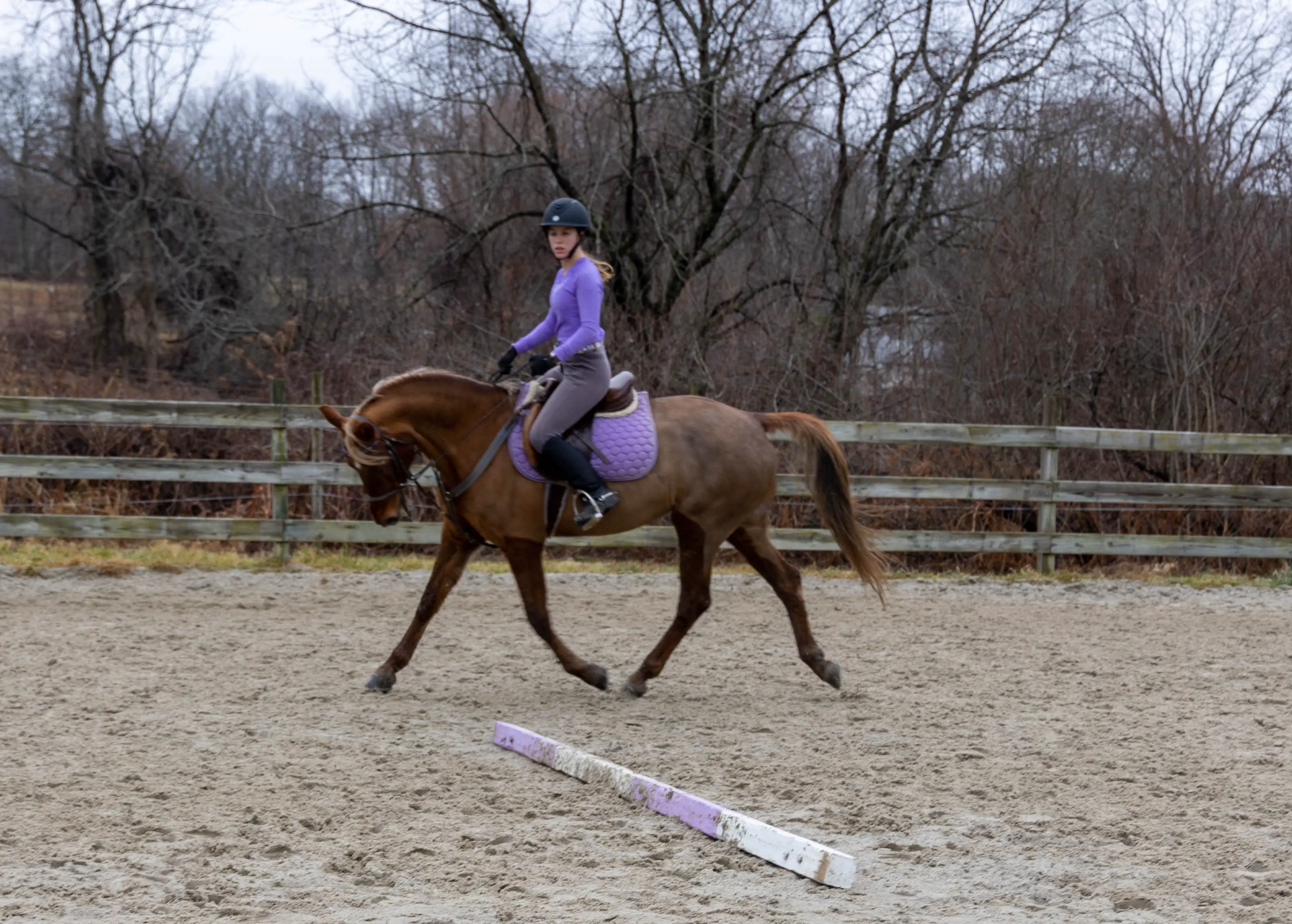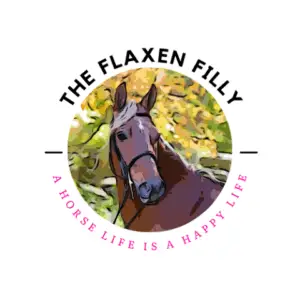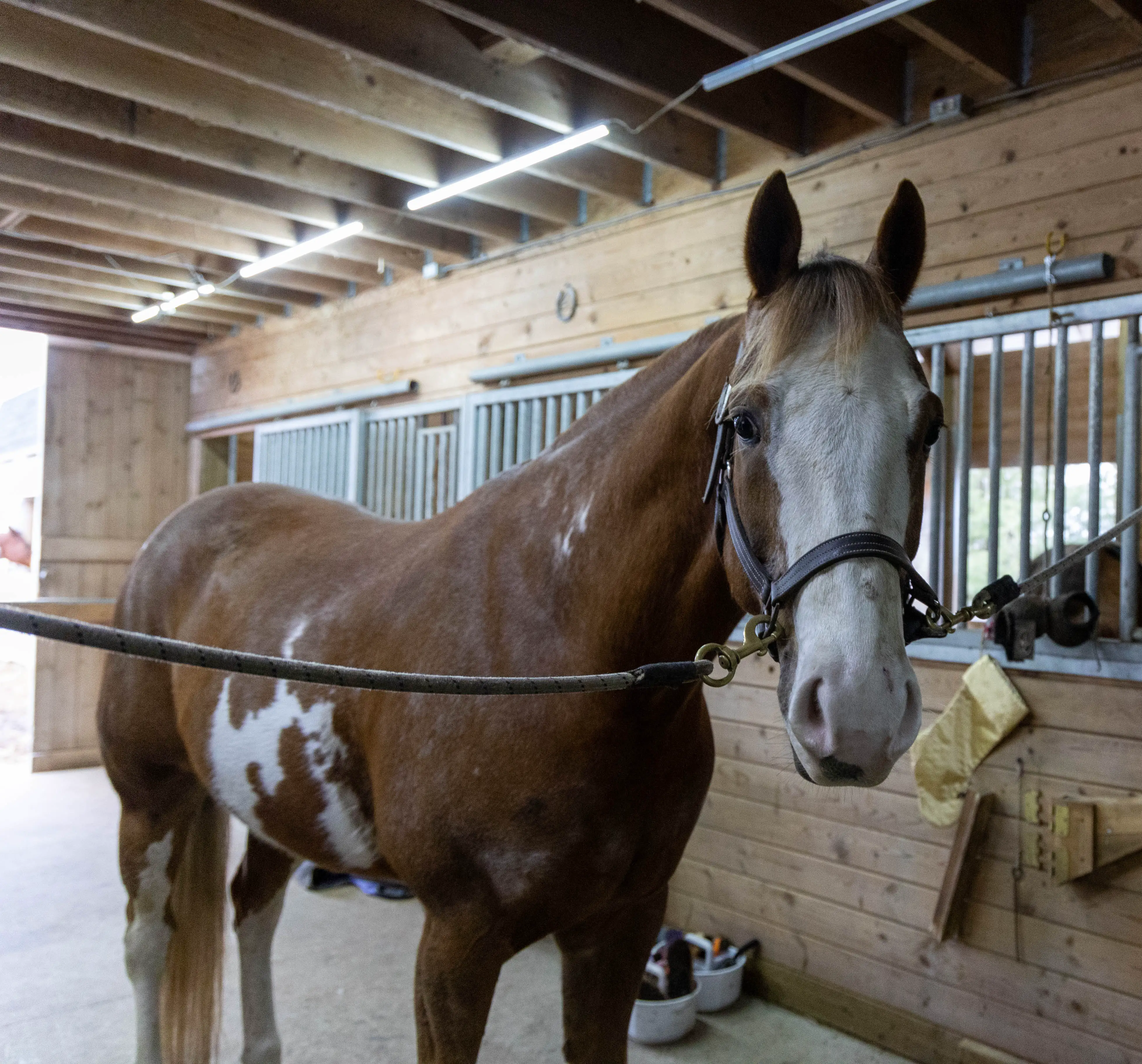Buying your first horse is a big decision! And, before you get started it’s important to determine what you’re looking for in a prospective horse or pony. In this article we’ll review the factors you’ll need to consider in order to decide what type of horse or pony you want to buy.
Generally speaking horses have a more mild temperament than ponies and are larger. This would make a horse a better choice for some families who plan to share one horse between both parents and children. Alternatively, ponies can be less expensive to feed and maintain and can be easier for smaller children to learn on due to their smaller size.
There are a wide variety of breeds and temperaments in both horses and ponies. So, the most important element is to find the right fit for you and your family.
This post may contain affiliate links which means that I may earn a small commission at no extra cost to you. As an Amazon Associate I earn from qualifying purchases.
The Factors You Need To Consider When Choosing A Horse Or Pony
- Rider age and size
- Ability of the rider
- Rider goals
- Future life of the horse or pony
Choosing between a horse or a pony will depend largely on the rider. In the United States it is common to see children riding horses for their entire equestrian career. Ponies are popular in some disciplines like Hunters and Jumpers for children. In other countries, it is more common for children to ride ponies until they reach a certain age and size to move up to a horse.
Rider Age & Size
If you intend to buy a horse or pony for yourself and are on the large side, then you’ll need to find a horse that is a suitable size. For example, if you are an average size man weighing in around 150 to 200 pounds and somewhere near 6 feet tall, you probably should stay away from ponies. Horses can typically carry up to 20 percent of their body weight assuming they are healthy and fit. This percentage could vary if the horse has a chronic soundness issue, is young and growing or is a senior. If you have concerns about finding a horse that is large enough for your body type talk to your trainer and veterinarian about ensuring any prospects you are interested in will be suitable for you.
A common misconception is that small children like toddlers will be safer riding a pony due to their size. This isn’t always the case. Take my daughter for example, she started riding at the age of 1 and has always ridden horses. The horses on our farm are quiet, well behaved and used to children. While it may have been easier for her to wrap her legs around a smaller horse or even a pony, there’s no substitute for a well mannered and safe horse.

Rider Ability & Goals
Next you’ll need to consider your ability and goals. If you are buying a horse for a child that wants to compete in a rated shows on the Hunter circuit, your trainer will likely advise you to lease or buy a pony. Next, they’ll probably tell you what size pony is appropriate depending on the division your child will compete in. If you plan to show in another discipline like reining, you will need a reining horse like a quarter horse or paint horse that excels in reining. However, if your goal is to simply have fun and find a horse suitable for both you and your children, breed will be less important. In this instance you may gravitate towards small horses that a child could easily be comfortable on and large enough to carry an adult.
Long Term Future For Your Horse
Next, you need to ask yourself a very serious question. What will you do with your horse or pony when either your children outgrow them, your goals change and you need a higher level horse or your family loses interest. These are common scenarios for the majority of equestrians. Will you be able to part with your horse or pony when it’s time to move on? If not, will you be able to provide a happy retirement? You don’t necessarily have to make this decision ahead of time but you should at least consider the options so you can plan before the time comes.
Pros and Cons Of Horses Vs. Ponies
| Pros & Cons | Horses | Ponies |
| Size | Horses are 14.3 hands or taller with a few breed specific exceptions. | Ponies are 14.2 hands or under with a few breed specific exceptions. |
| Cost To Keep | Horses cost more to feed on average than a pony. Most horses eat more than ponies. | Ponies tend to cost less to maintain each month. They generally eat less than horses. |
| Longevity | Average life span of a horse is 25 to 30 years. | The average life span of a pony is 30+ years. |
| Proneness To Health Issues | Both horses and ponies are prone to injury and illnesses. Horses may take longer to heal from injuries in some cases. | It is said that ponies are more prone to illnesses like Cushing’s Disease than horses. Ponies heal more quickly from injuries in some cases. |
| Athletic Ability | Both horses and ponies can be very versatile and make good partners for a variety of riders. Some breeds specialize in specific disciplines more than others. | For example, Saddle Seat riding. But this is specific to breed rather than size. |
| Temperament | Horses tend to be more docile and willing partners. Not all horses fit into this category but they are generally more even tempered than ponies. | Ponies tend to be more savvy than horses which may lead to more difficulty riding and handling. But, there are plenty of well mannered nice ponies out there. |
| Routine Health Care | Both horses and ponies require routine health care. | Some examples are vaccinations, de-worming, trimming and/or shoeing, and dental work. |
Before You Buy A Horse Or Pony
Now that you’ve given some thought to the type of horse that will most suit your needs, it’s time to consider the next steps. First, you need to make certain your actually ready to own a horse. You need to understand the time commitment, financial commitment and have the skills to care for your horse. For more information on preparing to own your first horse and determining if you are truly ready, check out this detailed article.
How To Know If You’re Ready To Own A Horse
Before you buy a horse or pony you also need to have a reliable trainer or instructor to give you lessons and a barn to keep your horse at. If this is your first horse or pony, you are better off to board the horse. It’s not a good idea to plan on keeping him or her in your backyard. This way you’ll always have a knowledgeable person around to help you identify when something is wrong and keep your horse safe and healthy. Once you become a more experienced horse owner, you could consider bringing your horse home. If you need to find a reliable instructor and a farm to board your horse, please check out these articles where I discuss this topics in more depth.
How To Choose A Horseback Riding Instructor
Next you’ll need to talk to your instructor about the type of horse or pony you should be looking for. Work with your trainer to list out criteria in must have vs nice to have categories before you begin your search. And, based on this criteria you can set a reasonable budget for your new horse. Plus, you’ll want to find out the cost of a pre-purchase exam (usually a range) from your veterinarian.

How To Find A Horse Or Pony To Buy
Now that you have completed the following steps, you’re ready to start searching for a horse!
- Have a reliable professional to help you
- Have a barn to keep the horse at
- Confirmed you are ready to own a horse based on the skills, financial and time commitment required
- You have a list of criteria to help you find a suitable match
- You’ve set a budget for your new horse including the cost of a pre-purchase exam
Searching for a horse is both fun and overwhelming! So where do you even start? How do you even find a horse for sale. There are several places you can look on the internet. Your trainer likely has a network of peers, friends and associates they regularly do business with. So, they may already have a lead. As you begin to search, read lots of internet ads. You’ll quickly start to get a feel for the price range of certain types of horses and what is available on the market. Be sure to work with your trainer to narrow down prospects before making calls to the sellers. You don’t want to waste their time or yours.
Trying Out Horses & Ponies
Once you’ve found some prospects, coordinate with your trainer to schedule appointments with the sellers to try the horses. Don’t take it upon yourself to try horses alone. You’re better off to let your trainer assess the horse with you for several reasons listed below.
- Your trainer has a trained eye for detail and horse behavior. They can spot red flags before you do and will keep you safe. Your trainer won’t let you get on a horse they don’t think is safe.
- Next, they can pick up on potential lameness problems to ask the seller and or vet about.
- The horse world is a small world and unfortunately a poor reputation is usually earned not rumored. Your trainer can steer you away from dishonest sellers.
Now that you have tried out some horses, it’s time to schedule more time with the ones you like best. And then, schedule a pre-purchase exam with your veterinarian. For more information about the process of buying a horse from finding prospects, to trying and vetting horses, check out this article! What You Need To Know When Buying Your First Horse
I hope you’ve found this article helpful! If you did, please give it a share!

